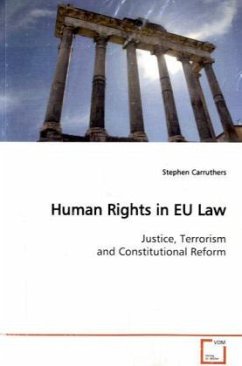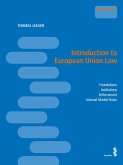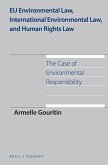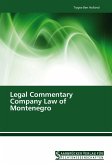The 1997 Treaty of Amsterdam introduced as an
objective the maintenance and development of the
Union as an area of freedom, security and justice ,
but while it extended the Union s security powers it
did little to improve the status of human rights.
This book critically analyses the sources and
normative status of human rights in European Union
law, with a particular focus on their
inter-relationship with international law, and
assesses the impact of the 2003 reforms submitted by
the Convention on the Future of Europe which formed
the basis for the reforms in the 2004 Constitution
for Europe and the 2007 Treaty of Lisbon. An
illustrative case study examines in detail the status
of the principle of non-refoulement in the Common
European Asylum System. This book will be of interest
both to lawyers and political scientists seeking to
understand the development and rationale of human
rights protection in Union law in the context of the
reform proposals leading up to the 2004 Constitution
for Europe and the 2007 Treaty of Lisbon.
objective the maintenance and development of the
Union as an area of freedom, security and justice ,
but while it extended the Union s security powers it
did little to improve the status of human rights.
This book critically analyses the sources and
normative status of human rights in European Union
law, with a particular focus on their
inter-relationship with international law, and
assesses the impact of the 2003 reforms submitted by
the Convention on the Future of Europe which formed
the basis for the reforms in the 2004 Constitution
for Europe and the 2007 Treaty of Lisbon. An
illustrative case study examines in detail the status
of the principle of non-refoulement in the Common
European Asylum System. This book will be of interest
both to lawyers and political scientists seeking to
understand the development and rationale of human
rights protection in Union law in the context of the
reform proposals leading up to the 2004 Constitution
for Europe and the 2007 Treaty of Lisbon.








